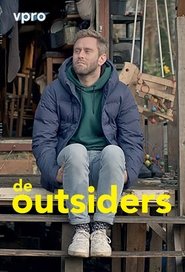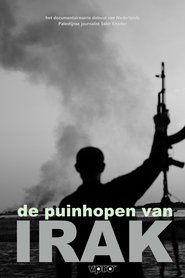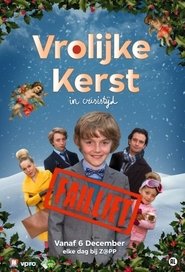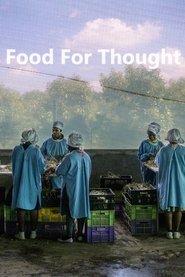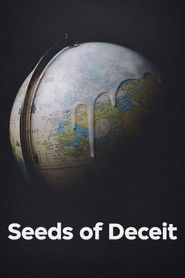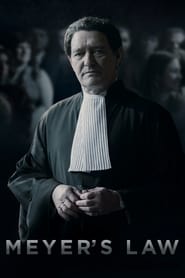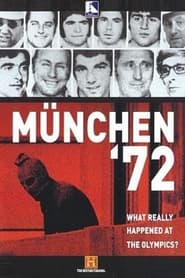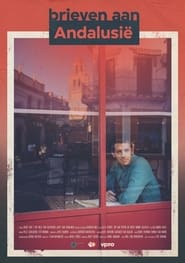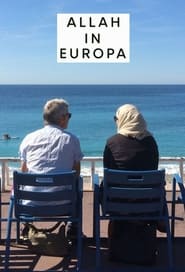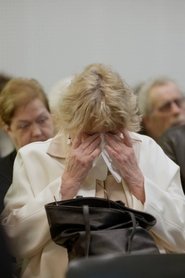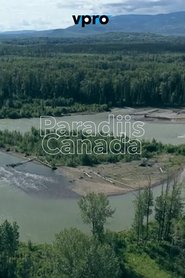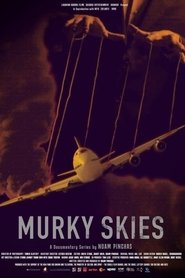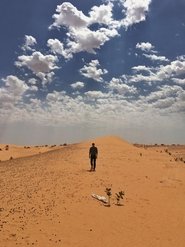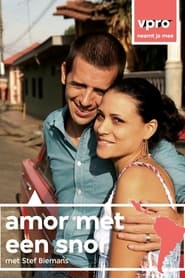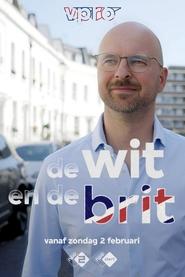Vpro TV Series - Page 5
-
The outsiders
2018
The outsiders
2018
By living in The Netherland, you take part in a socioeconomic system. How we live, earn our money or deal with mental health care; the options are limited and largely determined by others. Whether we like it or not. But there are people that do things differently, people that deliberately choose to live outside forementioned preconditioned systems. Who are these people, that challenge and oppose the norm? -
Happy Christmas
2014
star 10What do you do when you lose everything and have to start all over again? Ten-year-old Lucas, the middle child of a wealthy family, lives in an expensive neighborhood in a large house, equipped with every luxury. Everything changes completely when Lucas, while searching for his Sinterklaas surprise, finds a large box of unpaid bills. Father Maarten turns out to have enormous financial problems and the family loses everything. The family is evicted and, with the help of their cleaner Nina, finds shelter in an old office building among other new poor people. While father (Jeroen Spitzenberger) and mother (Hadewych Minis) have a hard time with themselves and each other, and big brother Thomas (15) and sister Emma (7) have a terrible time getting used to the new situation, Lucas tries to make the best of it with the highest goal: a Merry Christmas for the whole family. -
Food for Thought
2024
Food for Thought
2024
Where does our food come from? Where is it going? What route does it take from production to our plate? Photographer and filmmaker Kadir van Lohuizen searches for the world behind the food on our plates and brings into focus what often remains outside our field of view. -
Seeds of Deceit
2021
Seeds of Deceit
2021
The revelation in 2017 that the late Dr. Karbaat clandestinely used his own semen to inseminate over 65 of his patients shocked the world. This documentary series is a vivid portrayal of how that happened and how it haunts today those affected: the emotional trauma of coming to terms with a changed, uncertain genetic origin. -
Meyer's Law
2017
star 6.7The rise and fall of a renowned family empire built by a man who survived Auschwitz and dedicated his life to achieving success at any cost. Based on a true story. -
De beloften
2021
De beloften
2021
-
De Freek Tapes
2025
De Freek Tapes
2025
Freek Vonk finds a box of old video tapes in the attic. They are the first short nature films, which he made earlier with his friends Maysem and Bas. The young Freek and his friends discover that they can learn a lot from animals. About nature, but also about themselves. -
Allah in Europa
2017
Allah in Europa
2017
In the eight-part series Allah in Europe, Jan Leyers is looking for the face of Islam in Europe. Is there such a thing as a European, enlightened version of Islam growing and is that what Muslims themselves want? -
Meisjes van de Goede Herder
2024
From 1860 to 1978, twenty thousand girls with difficult childhoods were cared for in five homes in the Netherlands, the Monasteries of the Good Shepherd. Britta Hosman travels with Lies Vissers, Joke de Smit and R. Riet to the city and country to reconstruct what they and everyone else experienced during their youth. -
Paradise Canada
2020
Paradise Canada
2020
Breathtaking natural beauty, tolerant, safe and prosperous. That is the picture we have of Canada in the Netherlands. But is it really that paradisical, or does Trudeau's country know how to put on a mask of civility? Writer Emy Koopman travels in Paradise Canada from Vancouver to Montreal and looks at the problems brewing beneath the surface. The series delves into all the urgent themes of our time and examines the state of Canada with racism and gender equality, migration, climate change and the welfare state. Emy Koopman speaks to famous Canadian intellectuals such as Charles Taylor, Margaret Atwood and Jordan Peterson. -
Murky Skies
2023
star 8The 1992 crash of an Israeli Boeing 747 into an apartment building in Amsterdam remains a three decades mystery, fueled by unexplained illnesses, lost evidence, mysterious cargo, and one missing black box. An international thriller that chronicles how narratives are conceived and uncovers the hidden threads between business, politics, the military and us: the people. -
Robo Sapiens
2017
Robo Sapiens
2017
-
Sahara
2018
Sahara
2018
-
Amor met een snor
2014
Amor met een snor
2014
-
De Wit en de Brit
2025
De Wit en de Brit
2025
Who are the winners and losers of Brexit? Former United Kingdom correspondent Tim de Wit returns to reflect on his own role as a journalist and to investigate what became of the Brexit promises. Has migration decreased? Has healthcare improved?
